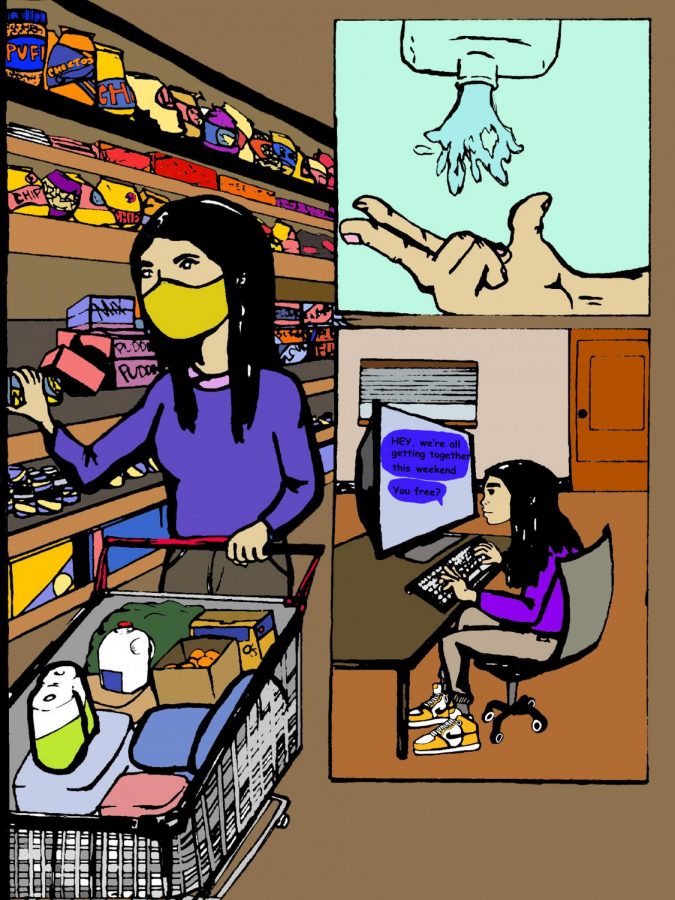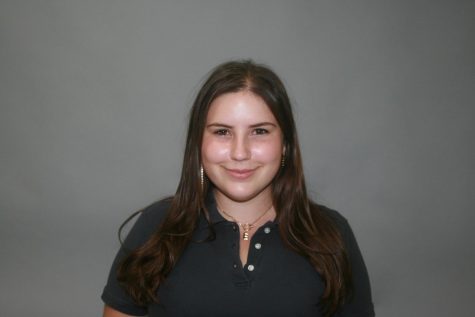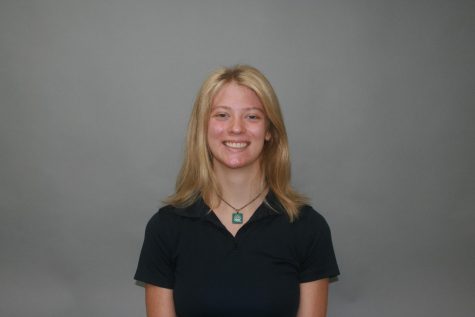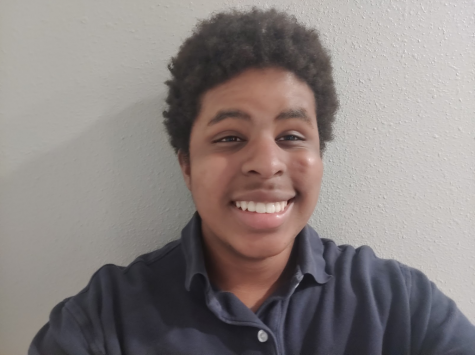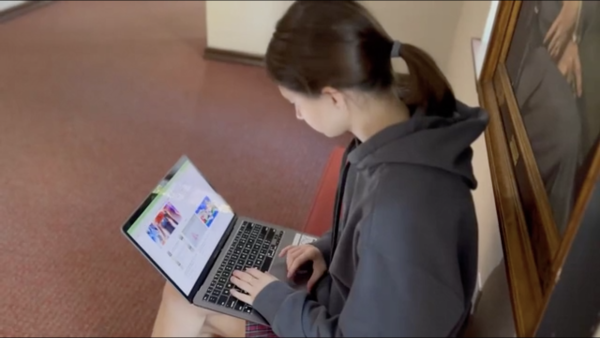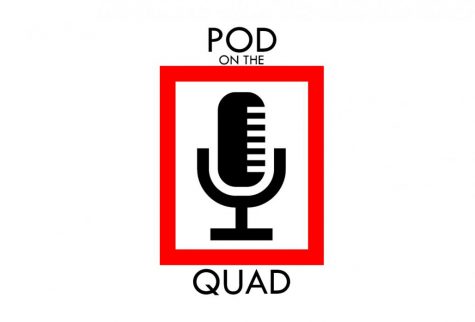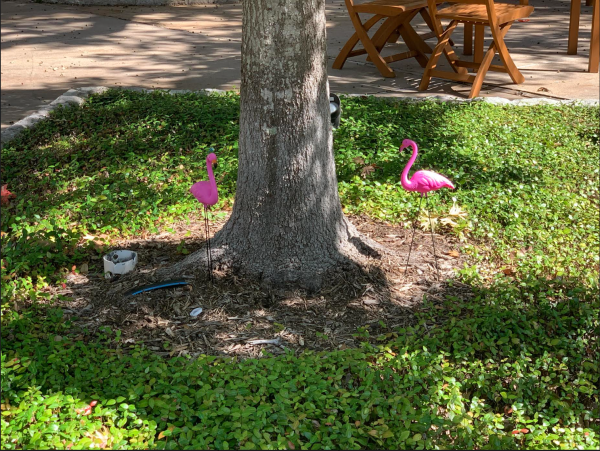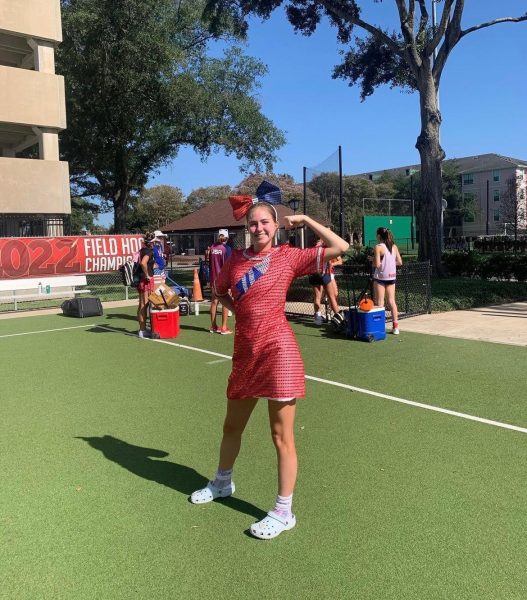Concerned about optics, students reluctant to stay home
With rising COVID cases, some students learning remotely remain concerned about gossip.
January 19, 2021
*Some names of the people interviewed for this story have been changed to protect their privacy.
Marie* spent most of winter break at home with her family. The rising number of COVID cases in Houston fueled her concern. A few days before returning to school, she met four friends for lunch. What she didn’t know was that one of them had been exposed to COVID at a large social gathering over winter break.
She spent the next seven days in quarantine.
“I take full responsibility—I shouldn’t have seen four people for a meal,” Marie said. “It was outside, but I had to take my mask off to eat. I knew they went out—that was very irresponsible of me—that won’t be happening again.”
While Marie stayed at home, stories of large and small social gatherings in places from Las Vegas to Tuscaloosa to Dallas abounded. Concerns of potential exposure over the holidays led school administrators to keep juniors and seniors home for the first three days of the semester.
I don’t want to be associated with that at all. People remember the super-spreader events.
— Anonymous
Beyond the concern for her own well-being, Marie doesn’t want her teachers to think that she would risk their health by going out to a social gathering.
“That’s embarrassing for people who attended [social gatherings],” Marie said. “I don’t want to be associated with that at all. People remember the super-spreader events.”
Emma Nguyen, a freshman, became concerned after her initial rapid COVID test came back positive. Although she received three successive negative tests, including a blood antigen test, she still felt the skepticism and scorn from her peers.
“I tried to get people not to gossip,” Nguyen said. “I didn’t want rumors going around that I was doing something irresponsible to get [COVID] when I never actually had it. I thought that my teachers would think I was being irresponsible over the weekend and going to social events without masks.”
Junior Beth Ann Dominey faced a similar backlash after she contracted COVID at a club volleyball tournament the week before winter break. According to Dominey, many of her peers gave her more grief than sympathy. One classmate cursed her out, claiming that Dominey ruined her life, even though she had not been a close contact.
As soon as I got the virus, people forgot that I was a person and started to treat me like I was less than one—or simply a nuisance.
— Beth Ann Dominey
“Hardly anyone asked how I was feeling,” Dominey said. “As soon as I got the virus, people forgot that I was a person and started to treat me like I was less than one—or simply a nuisance.”
Only a few days before winter break, junior Will Smith and his two Upper School siblings were sent to wrap up the semester at home. Even though their father works from home and only occasionally frequents the grocery store and barbershop, he tested positive for COVID.
“It shows how anyone can contract the virus even if they’re doing all the right things,” Smith said.
Although Smith did not feel socially stigmatized, he struggled mentally and academically from the isolation. He had to stay six feet apart from his family and wear a mask outside his own bedroom. Sitting at his desk, being detached from his classmates and focusing on a screen all day drained his energy.
“Not enough people are taking this seriously,” Smith said. “The fear factor has gone down, and people have become more relaxed. Time can be the enemy.”



